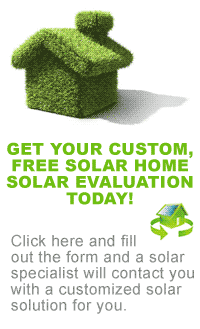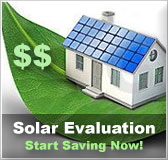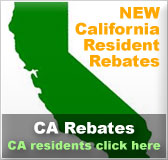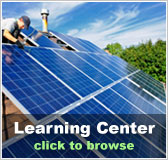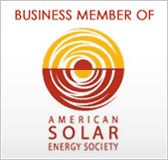
|
Idaho residential solar energy incentivesRenewable energy equipment sales tax refund Qualifying renewable energy equipment is allowed a 100% sales-and-use tax rebate Equipment used must be able to generate enough power to support a 25kW system at minimum to be eligible. Residential alternative energy tax deduction Taxpayers are allowed an income tax deduction of 40% of the total cost of solar, wind, geothermal systems or biomass energy devices the year the system is installed. Taxpayers may then deduct 20% of the system cost for three years after. Total deduction for one year may not exceed $5,000. Low-interest energy loan programs These low-interest loan programs provided by the Idaho Office of Energy Resources are for energy efficiency projects and improvements. Eligible energy projects include solar, wind, hydropower, geothermal and biomass. Residential loans start around $1,000 with a maximum amount of $15,000. Loans have a 4% interest rate with a five year pay back period. Northwest Solar Cooperative - Green Tag Purchase Through December 31, 2009, the Northwest Solar Cooperative offers to purchase “Green Tags” (the rights to the environmental attributes) derived from grid-connected photovoltaic or wind energy for $0.02 per kilowatt-hour. At the start of December 2009 these contracts may be renewed for another three-year term. Residential and non-residential owners who install PV and wind-energy systems are eligible to participate in the Green Tag Purchase Program. Other states aside from Idaho that are eligible to participate in this program include; Oregon, Washington and Montana. An agreement with NWSC must be signed by participants. The agreement includes the following: Participants agree to sell their Green Tags, report system
malfunctions or failures, and submit meter readings of AC production
every year. The NWSC will pay the participants by March 31 the following year of the Green Tag production. Residential renewable energy tax credit This personal tax credit allows the taxpayer to claim a credit of 30% of expenditures including labor costs and installation of qualified residential solar-electric systems, solar water heating systems or fuel cells. Small wind-energy systems and geothermal heat pumps can also be accredited for. Solar-electric systems and solar water heaters have a maximum incentive of $2,000 if placed in service before 2009. There is no maximum incentive for systems placed after 2008. The excess amount of the federal tax credit may be carried forward to the next taxable year if it exceeds tax liability. This can be carried forward until 2016, but after that, it is unknown if the unused credit will be able to be forwarded. Residential energy conservation subsidy exclusion This is a personal exemption of 100% of energy conservation subsidies provided by public utilities. The value of a purchase or installation of any energy conservation measure by a customer such as solar water heat, solar space heat or photovoltaics will not be included in the customer’s gross income. Customers of an electric utility company, who participate in the utility’s energy conservation program, may receive a rate reduction of electricity furnished or a nonrefundable credit against the purchase price of the electricity on each monthly electric bill. Energy-efficient mortgages This is a federal loan program where homeowners can use EEM (energy-efficient
mortgages) to finance renewable energy technologies in a home. 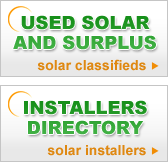 |

